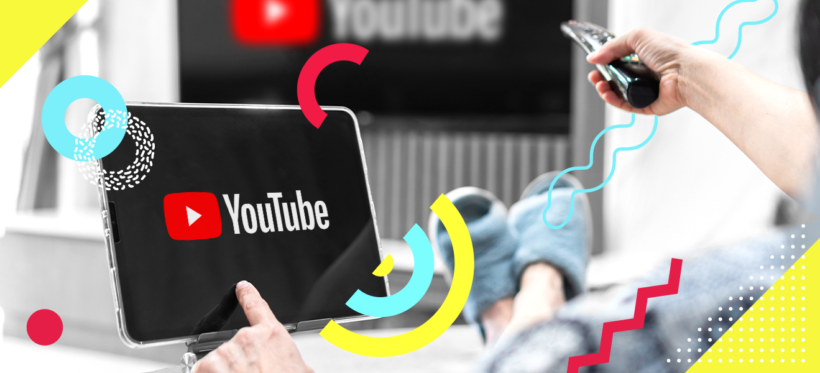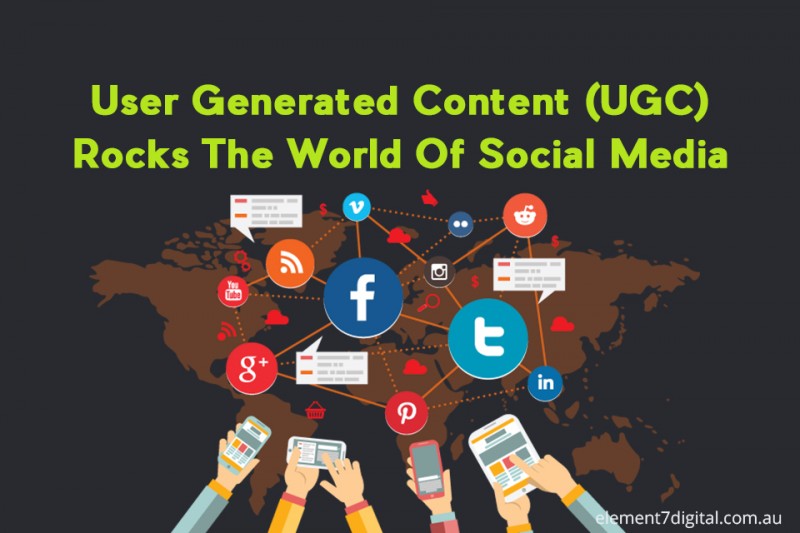
Achieving the best ROI with social media marketing is essential. We'll be discussing how to measure engagement and determine conversion rates. Also, how to compare increased sales with higher costs. In addition, we'll discuss how to develop a deep understanding of social media ROI. In this article we will show you how to measure your social media ROI. We also explain how to calculate it based upon your specific business goals. We'll also discuss how to measure the social media ROI using other marketing channels like content marketing and search.
Measuring engagement rate metrics
An engagement rate measures how much engagement your audience gets with your social posts. It is the number of times that your audience interacts on your posts via a variety platforms. An engagement rate is the sum all of these smaller opportunities. There are many metrics that measure engagement on various social media platforms. To determine which one is most appropriate for your business, you should determine how many people like your post.
Social media is more than just eyeballs. This metric requires you to track your content and tie it to your business's goals and targets. Although it can be difficult to measure ROI, the end goal is the same: increasing engagement equals a higher quality audience. Engagement metrics are a way to gauge whether your content is inspiring interest and generating sales.

Measuring conversion rate metrics
Measuring conversion rate metrics on RoI social media is critical for your ROI calculation. This metric determines how many people converted your posts on social media into sales. You can use this metric to assess the effectiveness of your posts and increase conversions. If Facebook is your primary source for traffic, you may want the number and quality of posts and engagements that you receive from these social media platforms. Divide the number visitors who visited Facebook's page by your website's visitor count to determine your conversion rate. Once you have a list of your competitors, you can average their social data and use that data to see what your posts have done for them.
To determine whether your efforts are succeeding, it is important to measure the conversion rate metrics for ROI social media. Social media engagement is essential for brand awareness, generating leads and converting customers. To improve your social media strategy, it is important to monitor your ROI. You need to use the most efficient tools to analyze social media conversions and identify any brand perception changes that could be contributing to low ROI.
Measurement of cost versus sales growth
Measuring ROI social media means determining the cost-benefit ratio of a campaign. You can compare the cost of Facebook ads with the sales generated by the campaign. This is especially useful when the campaign includes both organic and paid social marketing. You also need to know how much advertising you spend each day. A vital tool to measure the effectiveness and efficiency of a campaign is social media ROI.
Business success is dependent on measuring ROI. Social media efforts should be tied to specific goals that will improve the bottom line. Google Analytics is able to track leads, conversions, and other information. You can view the Acquisition report to identify social media sources that customers have referred. YouTube and Facebook are just two examples of sites you should be looking at for ROI. You can measure the return on investment based on your goals.

Develop a deep understanding of the ROI of social media
Marketing managers must be able to understand the social media return on investment (ROI). Businesses can reap many benefits from social media campaigns, including increased brand awareness, customer loyalty and revenue. It is crucial to know which factors have the highest ROI and which ones have a positive impact to maximize these benefits. Without the right analysis and metrics it is very difficult to improve ROI on social media.
Social media is notorious for being time-consuming. Many businesses only see a few vanity metrics after spending hours on social media. In reality, however, many businesses are making a killing in paid and organic marketing. It is now almost impossible to avoid social media, and most businesses have a presence on a social platform. How do you calculate social media ROI You need to understand how each activity impacts revenue, and what impact it has on the overall company.
FAQ
Does content marketing require a large budget?
It all depends on the size and stage of your business. Many small businesses start out without dedicated resources. But once they grow, they realize that having a solid content marketing strategy will increase sales and improve customer engagement.
When you partner with a content marketing agency or freelance writer, you'll get access to a wide range of tools and expertise. These professionals can help identify problems and opportunities within your organization to guide the development of your content marketing program.
A well-designed content marketing strategy can help you make enough money to cover production expenses and allow you to invest in other aspects of your business.
How can content marketing be measured for success?
There are several ways to measure the effectiveness of your content marketing strategy.
Google Analytics is an excellent measurement tool. This tool allows you to see where your targeted traffic is coming from and what pages they are visiting most often.
It also shows you how long each visitor stays at your site before they leave.
This information can be used by you to improve your content, get people's attention, keep them engaged longer and make it more appealing.
This is another way to determine the success rate of your content-marketing efforts.
My email newsletters are providing value for my subscribers. What percentage of my entire mailing list has converted into paying memberships? How many people have clicked on my landing page to convert? Do those who click through convert at higher rates than others?
These are all important metrics you need to monitor and track over time.
A third great way to measure the success of content marketing is to count how many people share your content through social media.
Start now if you don't already. It could be the difference in being seen or not in your industry.
How do I measure success with content marketing?
There are several ways to gauge the effectiveness of content marketing efforts. One way to measure the effectiveness of your content marketing efforts is to monitor how many visitors visit your website. Another option is to monitor how many leads are generated.
How many hours should I devote to content marketing each week?
It all depends upon your situation. Content marketing may not require you to spend much time. However, if you want to drive traffic to your site you will likely need to dedicate at least one hour per day.
Why should I do content marketing?
According to HubSpot, "The average person spends nearly two hours each day consuming some form of content--on social media, in their newsfeeds, while watching TV, reading magazines, browsing websites, listening to podcasts, and more. That's a lot spent on content!
Statistics
- According to our research, 65% of companies with very successful content marketing in 2021 ran content audits at least twice a year. (semrush.com)
- According to the Content Marketing Institute, 70% of B2B marketers and 86% of B2C marketers surveyed use content marketing in some form or other. (criteo.com)
- An example of an overarching goal could be: "In 2022, we want to achieve a 20% increase in revenue created by organic content and generate 15,000 MQLs with a budget of $30,000." (semrush.com)
- Seventy-two percent business to business (B2B) (mailchimp.com)
- This marketing strategy landed Ford a 15.4% conversion rate. (neilpatel.com)
- Content marketing produces 3X more leads per dollar spent. Content marketing costs 62% less than traditional marketing. (criteo.com)
- Measure your goals with a progress indicator of 0-100%. Make your goals collaborative and transparent (semrush.com)
- Out of the 1,500 marketers we surveyed for our State of Content Marketing report, 78% who felt their content marketing strategy was exceptionally effective in 2021 had documented their strategy. (semrush.com)
External Links
How To
What is a Content Marketing Strategy?
A content market plan (CMP), a strategic document, helps you identify your goals, objectives, strategies, and methods for building and executing your online presence. It is a plan for how to reach those goals via content creation and distribution.
The CMP is typically broken down into 3 main areas.
-
Your overall strategy. What do you want?
-
Your content strategy – Where can you find the right people who will write, curate and distribute your content content?
-
The tactics you'll use to execute your strategy - Which channels will you use to share your content? What type of content will your produce?
These are the four essential components of a CMP that is effective:
-
Goal Setting – Define your target audience. Set measurable KPIs that will measure success.
-
Audience Research – Understand your ideal customer so that you can find them exactly where they are.
-
Strategy - Create a clear vision of your goals. Break it down into smaller pieces.
-
Execution - Be realistic about your expectations and when you will see the results of your efforts.